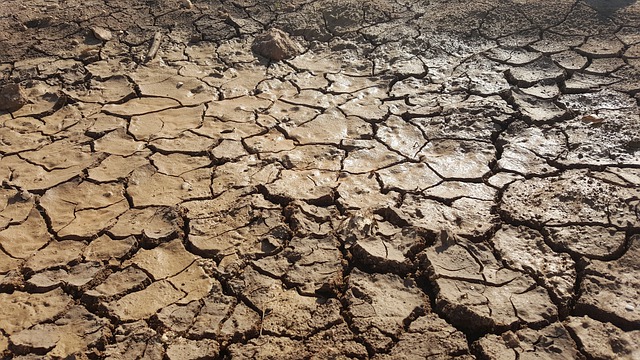In Sudan, AfClix is setting up a new partnership between NCAS-Climate with Practical Action, climate departments in a number of Khartoum universities and the University of Oklahoma to extend the existing Niger Rainwatch project to Sudan as an early warning system for livestock herders. The strength of the Rainwatch project lies in its ability to collate data in a timely fashion and communicate a meaningful analysis through a software code that outputs the monitoring of the cumulative seasonal rainfall. This helps policymakers by delivering science as visual and understandable rainfall products (for example graphs to indicate rainfall anomalies). The information is also relayed to rural communities through links with community leaders. AfClix is playing an important role in disseminating the outputs from Rainwatch through contacts, and online through the web portal.
Recently, a case study was prepared for the United Nations, on the extension of Rainwatch. This case study has been published in ‘Using science for disaster risk reduction‘, a report from the United Nations Office for Disaster Risk Reduction (UNISDR) Scientific and Technical Advisory Group. This demonstrates the influence that AfClix can have on high level, international policy.
Meetings with the Sudan Meteorological Authority (SMA) and the Kenana Sugar Company led to joint Masters projects evaluating rainfall trends and climate change impacts on sugar cane cultivation. These made use of the new dataset ‘TAMSAT African Rainfall Climatology And Time-series’ (TARCAT), a 29-year rainfall dataset providing 10-day total rainfall estimates, along with Kenana’s valuable meteorological and agronomical dataset spanning 30 years. Accessing ground-truth data is important for evaluating climate models and forecasts, and for down-scaling these into crop models for estimates of crop yields. This is both important now, and when looking forward, as it is possible to run projections for future climate scenarios. Data-sharing is very difficult in sub-Saharan Africa, and so it doesn’t usually happen, therefore these projects have had a big impact on the academic community, as well as being important for building bridges between private sector and climate science. This link between the SMA, the Kenana Sugar Company and the University of Reading has and will enable the building of climate science capacity.
In December 2011, AfClix and the University co-led a symposium for 180 Sudanese academics and NGO partners and 20 University of Reading staff on climate change in Khartoum. The result of this was the building of new partnerships, for example between the Sudan Meteorological Authority, Sudan Meteorological Society, Practical Action, Kenana Sugar Company and Ahfad University for Women. These relationships are now pivotal for the Sudan Early Warning Pilot Project, which will incorporate the Rainwatch extension project along with other early warning systems. This will be the first time ever an Early Warning System has been developed in Sudan in response to user need, with collaboration between climate scientists, social scientists, communities, government organisations and NGOs. It is also the first time these Sudanese partners have ever worked together.
AfClix has also helped strengthen the new Sudanese Meteorological Society (SUMS) through providing an online space and ongoing connections. SUMS will be an important neutral point for future climate exchanges with Sudanese policymakers and NGOs. Initial relationship building has meant that SUMS is now an active partner on the Early Warning Pilot Project, which is being implemented over the summer of 2013. SUMS is an important influence and focal point for NGOs, community-based organisations, and for academic institutions.
This research is part of the Africa Climate Exchange (AfClix) project, a knowledge transfer project to facilitate the exchange of climate science and adaptation knowledge.
Research led by Dr Ros Cornforth
First published: June 2015

